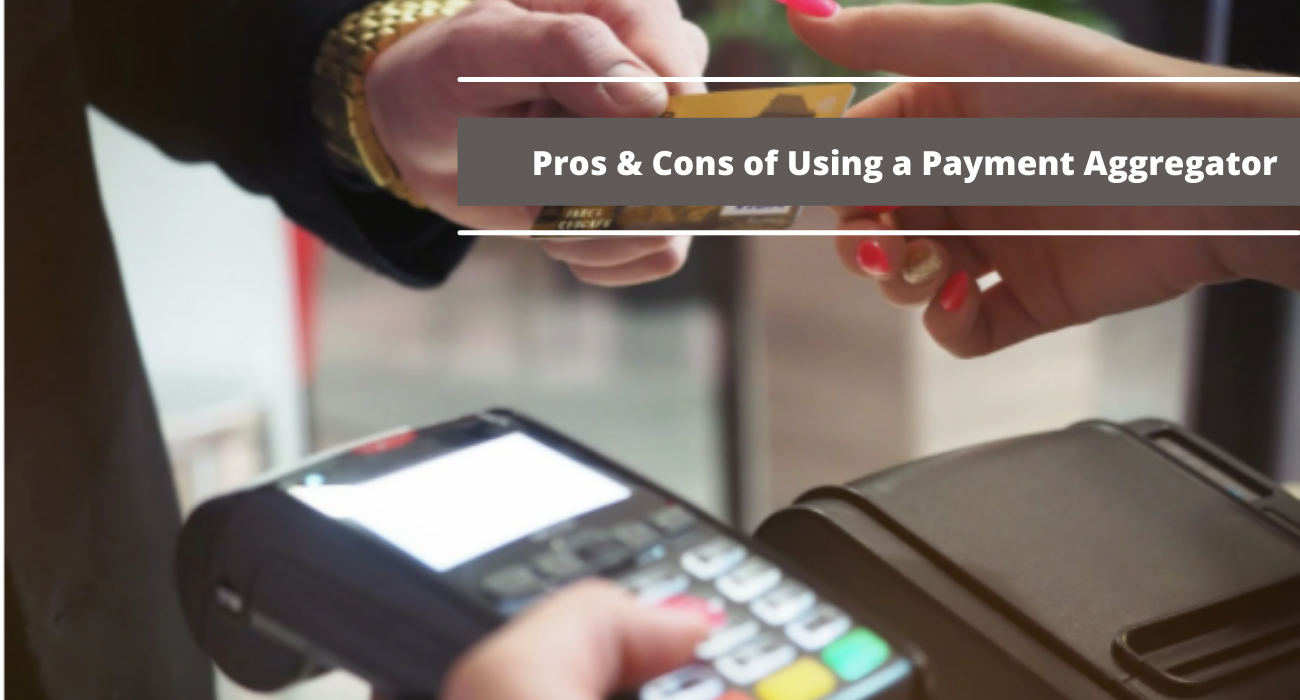A payment aggregator is a kind of payment service provider that enables businesses to accept debit or credit card payments through e-commerce without going through a bank. It allows retailers to accept payments without the need for a bank trading account. These organizations provide assistance to company owners of all sizes.
These businesses enter into arrangements with specific payment systems and operators to streamline the process of completing online purchases.
A payment aggregator accepts the following payment methods:
- Electronic money
- Payment terminals and cash counters
- Mobile payments
- Bank payments
- Internet purchasing
Credit and debit cards
Payment aggregator fees increase with the volume of transactions, as it increases the chance of payment processing failure.
What is the objective of payment aggregators?
- The client makes an order with an online retailer for a product or service. A unique digital number is given to the order.
- A client selects a preferred payment method on the payment page.
- Following data entry, the online store's payment aggregator verifies and completes the transaction.
- Following payment, the aggregator redirects the buyer to the online store's website, and the online store's server reports on the success or failure of the transaction.
How to choose a trustworthy payment aggregator
When selecting a payment aggregator, several aspects must be considered that will ultimately influence the growth of the company as a whole:
- Security - Discover how the payment procedure works. Which kinds of protection does the business provide? Are there any more features included?
- Reliability - Approximately how long has the company been involved in the online payment business? If you're unsure, check out some customer testimonials.
- Company’s Business Model - Which business categories do the firm serve, B2B or B2C?
- Tariffs- Analyze the payment aggregator's tariff schedule in detail. Determine if it is feasible to create a customized tariff plan for your company. Are there any other fees?
- Added features - Discover how to handle cryptocurrency payments.
- Possibility of making payments using international bank cards- A payment aggregator for an online shop should be universal and functional in order to reach the broadest possible audience and provide a diverse array of payment options, both local and worldwide.
- Support Service- It is not essential to have assistance available 24 hours a day. It is sufficient to know that your inquiry will be addressed as quickly as possible.
Pros of Payment Aggregators
- A payment aggregator addresses a variety of problems, including merchant account setup. When you establish an account on your own, you will be required to produce many papers and submit them to a series of checks. A payment aggregator will handle the majority of these lawsuits on your behalf. This enables the company to rapidly join the labor market and earn a profit.
- Additionally, one of the benefits is a set commission. This is a critical element for a large number of businesses. Additionally, payment aggregators do not need long-term commitments, which enables them to swiftly choose an alternative in the event of unexpected situations.
- When paying using a universal payment aggregator, the commission is much cheaper than when paying with a specific payment system.
- The capacity to begin taking payments in the near future. Payment aggregators are often simple to set up for payment acceptance, which enables businesses to begin accepting payments immediately.
Cons of payment aggregators
- Payments are made late. Indeed, a payment aggregator may be customized simply and fast. However, since all transactions are monitored, there may be a delay of up to three days before funds are credited to the account.
- Security. A business that enables payment takes fraud-related risks. If your account has a high volume of questionable transactions, the aggregator may suspend your account.
- Numerous payment aggregators impose limitations on the number of transactions that a site may take, impeding growth.
Working with payment aggregators is easy, secure, and lucrative. If you run a website with the intention of generating money or are currently making money, you should strongly consider linking a comparable service to your website.
What Are the Consequences of Payment Aggregation?
There is always an inherent danger associated with doing financial transactions via the internet. There are hackers out there, and no system is impenetrable. Before posting information online, a company should constantly be aware of this. No aggregator can ensure complete security.
In these instances, the payment aggregator usually obtains the underlying bank's or payment processor's preferred processing rate. This implies they bear the risk and are financially responsible for the whole portfolio. As a result, they are liable for any chargebacks or transaction fraud involving a sub-merchant.
That is encouraging news. Particularly beneficial for small company owners. It's an additional layer of financial safety that enables you to sell freely and with confidence.
Wrapping up
Working with payment aggregators is easy, secure, and lucrative. If you run a website with the intention of generating money or are currently making money, you should strongly consider linking a comparable service to your website.
New category launched by Business Glimpse that is IoT Write For Us. Do check the link for more information.
